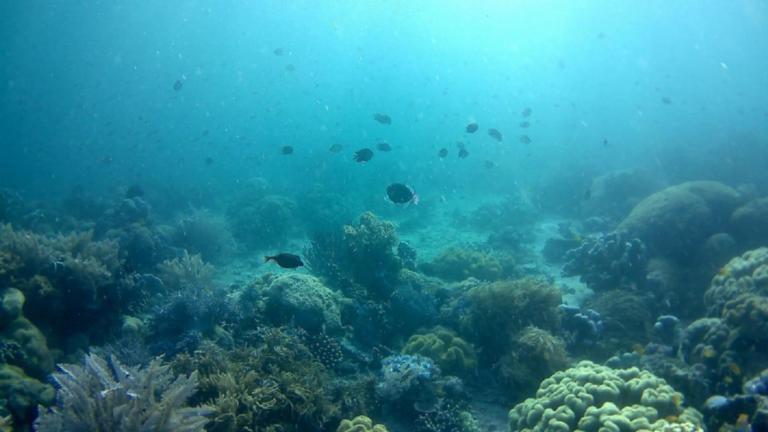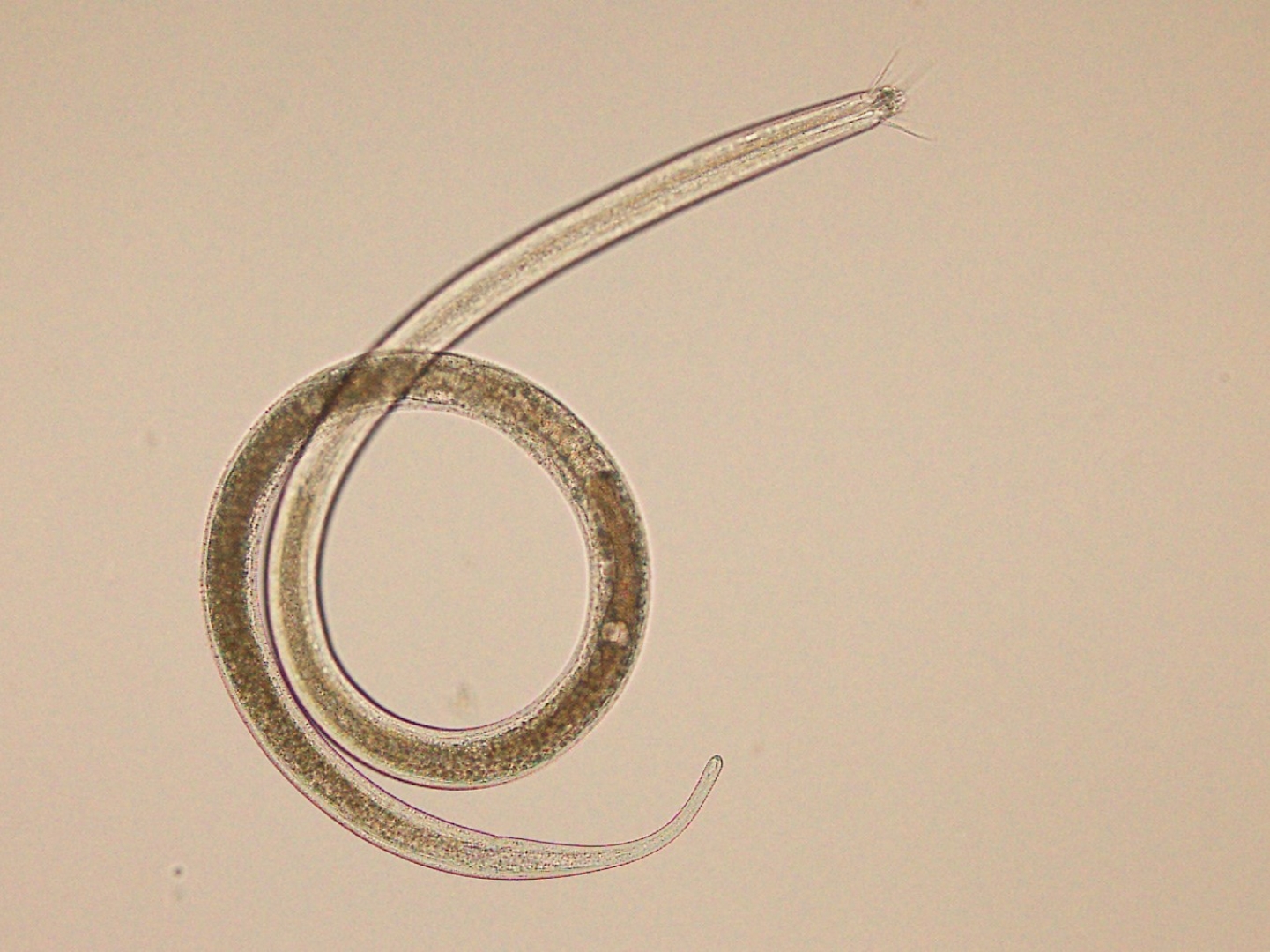
Coral reefs are among the most biodiverse ecosystems on earth, harboring immense biodiversity invisible to the naked eye. Among these are the meiofauna, animals smaller than 1 mm. This project contributes to the basic understanding of meiofaunal functional diversity across different habitat types.

Backgroundand context
Meiofauna are possibly potential bioindicators due to their small size, limited dispersal and high abundance. Therefore most studies to date have focussed on their taxonomic diversity over environmental gradients. However much of this research is geographically biased and is impeded by difficulties in taxonomic identification and the unavailability of molecular references. We are even more oblivious to the functional diversity of meiofauna, while this alternative matrix of diversity may provide meaningful information on biological patterns. During this project we will contribute to these research gaps by studying the morphological functional diversity and taxonomic diversity of meiobenthic nematodes across different habitats in the Spermonde Archipelago, Indonesia.
Objectivesand goals
The aim of the project is to determine the effect of habitat type on the taxonomic and functional diversity of meiobenthic nematodes in the Spermonde Archipelago, Sulawesi, Indonesia.
The goals of the project are:
- Determine the effect of habitat type on the functional community composition of meiobenthic nematodes using morphological functional traits.
- Analyze the effect of habitat type on the taxonomic community composition of meiobenthic nematodes based on molecular barcodes.
Materialsand Methods
Meiofaunal communities will be sampled at islands in the Spermonde Archipelago, Sulawesi, Indonesia. At each island, sediment samples will be taken at different habitats (e.g. live coral, dead coral, seagrass, sand, rubble) and meiofauna is isolated from these samples. At Naturalis, detailed photographs of nematodes will be acquired to assign functional traits and DNA will be extracted from the same specimen to generate a molecular barcode for taxonomic identification. The statistical analyses will be performed using R.
Studentrequirements
1) You are willing to participate in a 4 week fieldwork trip to Sulawesi, Indonesia;
2) You are able to start your internship in March/April 2025;
3) You completed a BSc degree in the field of biology (or similar) preferably with some experience in molecular work;
4) You have an interest in studying marine biodiversity.